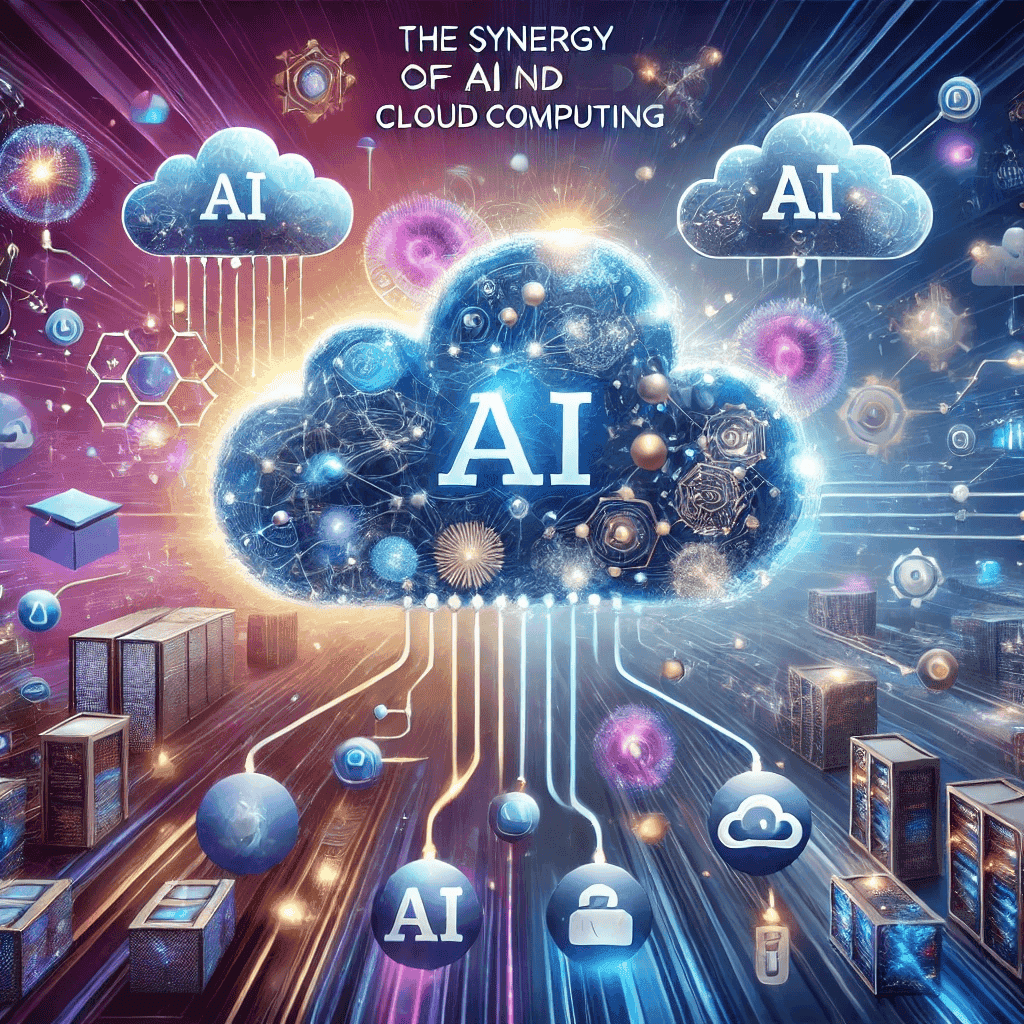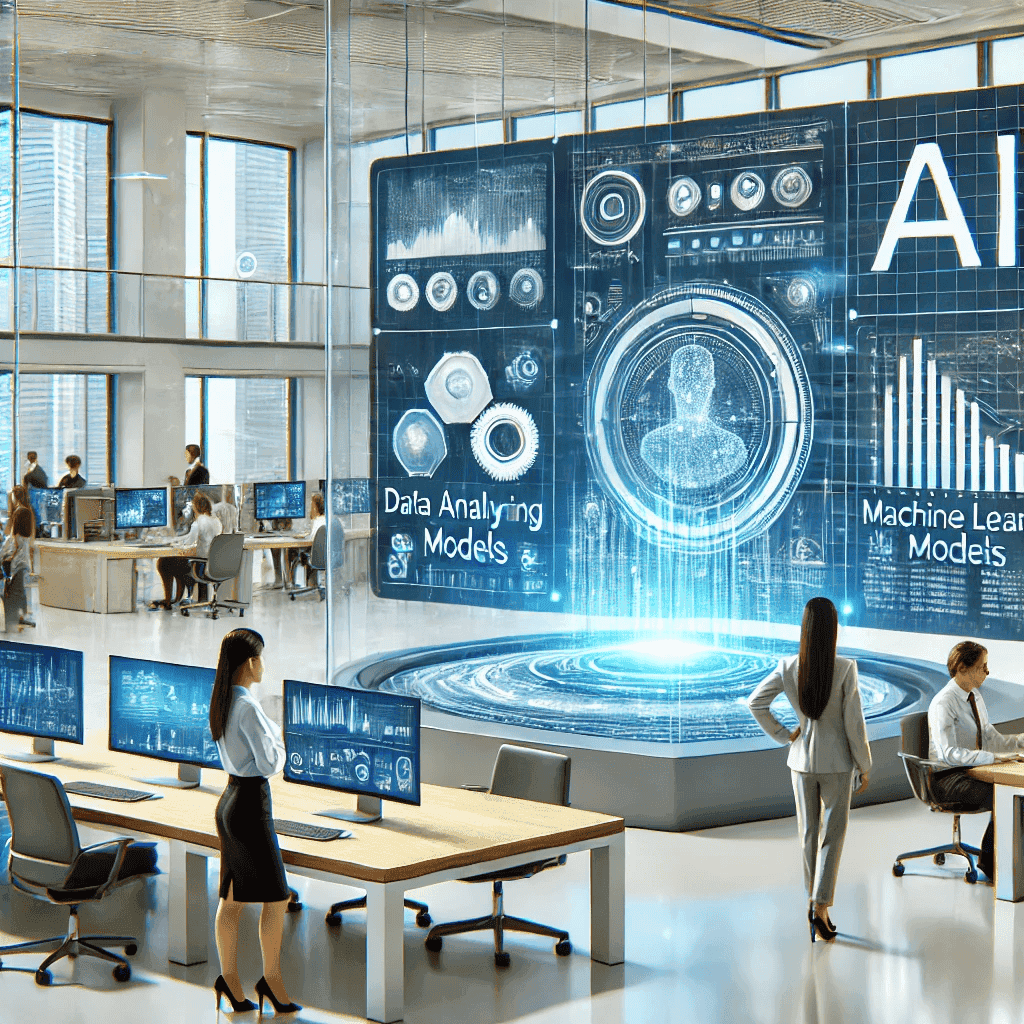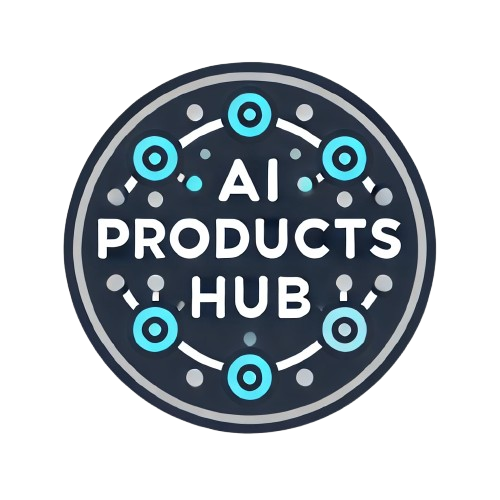
Back to Blogs
Integrating AI and Cloud Technologies to Transform Business Operations
Chakravarthy Varaga
tech
Introduction
For today’s forward-thinking business leaders, integrating AI and cloud technologies is essential for operational excellence and staying competitive. Together, these innovations enable scalable solutions that optimize processes, unlock data insights, and enhance decision-making. By leveraging the cloud’s flexibility and AI’s analytic power, companies can personalize customer experiences, forecast outcomes, and recommend data-driven actions. Embracing these technologies is a strategic move toward digital transformation.
The Synergy of AI and Cloud Computing
Unleashing AI’s Potential
Combining artificial intelligence (AI) with cloud platforms creates powerful synergies. Cloud resources provide the scalability needed to train and deploy complex AI models on vast datasets, accelerating AI development cycles. AI workloads scale seamlessly within the cloud, ensuring optimal performance across fluctuating demands.
Enhancing User Experience
AI-powered cloud solutions enable highly personalized user interactions by leveraging machine learning and customer data analytics. Advanced AI models, such as GPT, deliver tailored recommendations, content, and even assist with complex queries. As these models grow in capabilities, cloud infrastructure ensures they remain responsive and scalable.
Democratizing AI Access
With the cloud, businesses can access cutting-edge AI technologies like computer vision and natural language processing without needing in-house expertise. Low-code/no-code tools and pre-trained cloud AI models lower entry barriers, empowering organizations to innovate rapidly.
AI-Enhanced Cloud Computing
Intelligent Cloud Services
Integrating AI with cloud platforms unlocks intelligent capabilities. From computer vision to predictive analytics, cloud providers offer managed AI services, allowing businesses to deploy advanced AI without the need for extensive infrastructure.
Continuous AI Innovation
Cloud-hosted AI models benefit from regular updates and continuous learning. As vendors enhance their models, applications automatically gain access to the latest advancements, allowing businesses to stay competitive with minimal effort.
Cost Flexibility
Using AI as a cloud service allows companies to scale AI capabilities based on demand, with usage-based pricing that minimizes upfront costs. This flexibility makes enterprise-grade AI accessible to businesses of all sizes.
Choosing the Right Cloud Platform for AI
Scalability and Infrastructure Alignment
Selecting the right cloud platform for AI requires assessing scalability needs and aligning with existing infrastructure. For AI-intensive tasks, platforms like Amazon SageMaker and Google Cloud offer robust scalability. Organizations already using AWS or GCP will benefit from seamless integration with their existing data architectures.
Leveraging Open Source AI
Open-source options offer cost-effective, customizable solutions. Platforms like Hugging Face and PredictionIO provide open-source NLP and predictive analytics capabilities, enabling businesses to create tailored AI models without excessive costs.
Key Benefits of AI and Cloud Integration
Scalable Infrastructure
Cloud platforms provide the scalability required to handle complex, evolving AI workloads. With GPU power having exponentially increased, cloud computing can accommodate advanced AI models and high demand seamlessly.
Enhanced Data Access and Collaboration
AI models integrated into cloud environments benefit from remote data access, allowing larger datasets and more accurate analytics. Cloud-based AI also promotes collaboration, as teams can share data repositories and work on AI projects together.
Global Reach
Cloud hosting extends the global accessibility of AI-powered applications, democratizing AI capabilities and enabling businesses worldwide to leverage sophisticated AI tools.
AI in Action: Transforming Business Operations
Automated Business Processes
AI automates repetitive business processes, from customer support through chatbots to intelligent content summarization and translation. This automation reduces the need for human intervention and boosts operational efficiency.
Predictive Analytics and Intelligent Monitoring
With AI-driven predictive analytics, companies can identify trends, anticipate risks, and automate decision-making. Machine learning models analyze historical data to deliver real-time insights, while AI monitoring systems detect anomalies, ensuring timely interventions.
Personalized User Experiences
AI-driven recommendation engines analyze user behaviors to provide highly personalized experiences, increasing engagement and customer satisfaction. Examples like Netflix’s recommendation system and Spotify’s music suggestions showcase AI’s ability to enhance user experiences at scale.
Improving Customer Experiences with AI-Powered Cloud Solutions
Conversational AI for Tailored Support
Conversational AI, such as chatbots and virtual assistants, offers personalized customer support. These tools understand context and user preferences, delivering relevant recommendations and solutions that evolve with each interaction.
Domain-Specific AI Models
Custom AI models trained on industry-specific data provide virtual expertise, enhancing customer support and enabling precise, streamlined issue resolution. These specialized models position businesses as trusted advisors in their respective fields.
AI-Optimized Workflows
Beyond customer interactions, AI applications hosted in the cloud optimize backend workflows, from data processing to onboarding, further enhancing customer journeys and operational efficiency.
Frequently Asked Questions about AI in Cloud Computing
What benefits does AI bring to cloud computing?
AI integrated with the cloud offers scalability, flexibility, and accessibility. Cloud platforms allow dynamic scaling, offer pre-trained AI models, and handle hosting, enabling businesses to use advanced AI with minimal infrastructure investment.
How can businesses customize AI models for specific use cases?
By fine-tuning pre-trained cloud models with industry-relevant data, businesses can create tailored AI solutions. Customization ensures alignment with specific organizational needs, such as healthcare chatbots or recommendation engines in e-commerce.
What challenges come with AI in the cloud?
Common challenges include managing data quality, controlling costs, and ensuring model transparency. Businesses must plan resource usage carefully and maintain ethical practices to build user trust.
How does the cloud support AI-powered applications?
Cloud platforms offer AI services on-demand, enabling businesses to integrate advanced functionalities like image recognition and natural language processing without extensive setup. With scalable compute power, cloud-hosted AI applications can serve users globally and scale based on demand.
Which cloud platform is best for AI?
The choice depends on specific needs. Google Cloud offers seamless integration with TensorFlow and other open-source frameworks. AWS provides powerful tools like SageMaker for machine learning. Microsoft Azure has robust MLOps capabilities. Evaluate platforms based on AI service requirements, existing infrastructure, and scalability needs.
Conclusion
Integrating AI and cloud technologies offers transformative potential for businesses. The synergy between these technologies enables scalability, personalized customer experiences, and data-driven decision-making, positioning organizations for future growth. As digital transformation accelerates, choosing the right AI-cloud strategy and aligning it with business goals can drive lasting value, enhance operational efficiency, and improve customer satisfaction.
Related Blogs

tech
12 Nov 2024
How Enterprises Innovate and accelerate development with AI
Artificial Intelligence (AI) is no longer a futuristic concept—it's a present reality transforming enterprises across industries. With AI capabilities expanding rapidly, companies are leveraging these technologies to innovate and gain a competitive edge. This article delves into the key trends and technologies driving AI innovation in the enterprise, exploring how AI development companies collaborate with organizations to build intelligent systems that enhance operations, optimize workflows, and extract powerful data insights.

tech
12 Nov 2024
The Impact of AI on Market Research: Enhancing Data Analysis
Having spent over a decade in the market research industry, I have witnessed firsthand the remarkable evolution of data collection and analysis methodologies. From traditional focus groups to the advent of online surveys, each new approach has promised deeper insights, faster results, and greater value for businesses striving to understand their customers. Now, we stand at the forefront of the next significant advancement in market research—artificial intelligence (AI). In this article, we will delve into how AI is revolutionizing data analysis, collection, and interpretation. You'll discover how machine learning algorithms process vast datasets at unprecedented speeds, identifying patterns previously undetectable by human analysts. The future of actionable business insights lies in merging the profound expertise of human market researchers with the computational prowess of AI. By the end of this read, you'll gain a deeper appreciation for how AI enhances traditional research methodologies to uncover richer insights and drive better business decisions.
